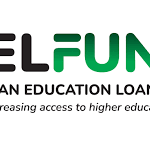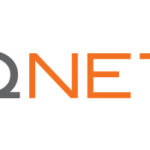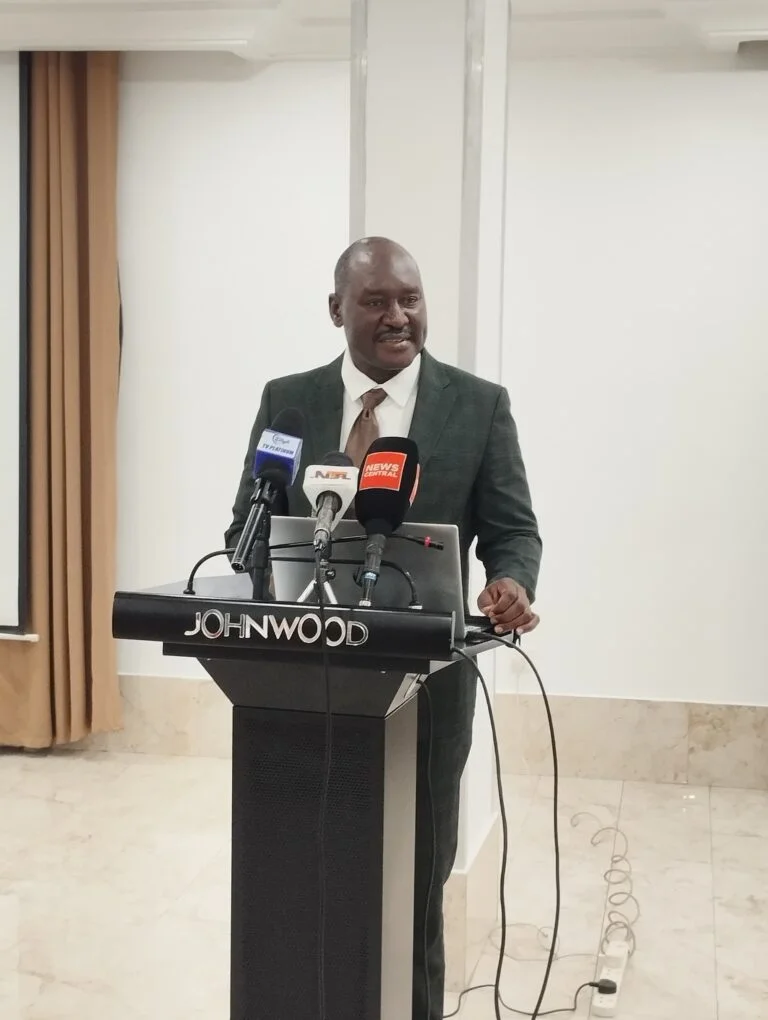By Perpetua Onuegbu
The Civil Society Legislative Advocacy Centre (CISLAC) and other stakeholders have called on the Federal Government to strengthen tobacco taxation in Nigeria as a means to protect public health and boost revenue generation.
Executive Director of CISLAC, Auwal Rafsanjani, made the call in Abuja at a Validation Workshop on the Tobacco Excise Tax Simulation Report for Nigeria.
Rafsanjani commended research partners from the University of Cape Town and the Tax Justice Network Africa for their support in conducting the study.
He noted that tobacco consumption—particularly among youths and women—had become a growing public health and social concern in Nigeria.
“The shisha and other tobacco products have become a passion for young people, with severe health consequences including cancer and psychological imbalance.
“In fact, studies show that consumption of tobacco does contribute to cancer and other related health diseases.
“In Nigeria, the health sector is seriously in crisis, to be consuming such a kind of dangerous thing is overstating our health system.
“We don’t have money to treat victims or patients of tobacco in Nigeria,” Rafsanjani said.
The CISLAC boss noted that while Nigeria introduced a tobacco tax regime in 2018, current rates remained among the lowest in West Africa, making the country vulnerable as a dumping ground for tobacco products.
He stressed that raising excise taxes would make tobacco less affordable, discourage use among children and youth, and increase government revenue for development.
He also criticised multinational tobacco firms for exploiting farmers and failing to contribute meaningfully to healthcare.
He, however, urged the government to strike a balance between revenue generation and protecting citizens.
“With the current tax regime expiring in May 2025, this report provides timely evidence to guide policy makers on more effective taxation,” he said.
He said CISLAC would continue to engage government through research, advocacy, and stakeholder consultation to ensure stronger tobacco control policies in Nigeria.
John Thomi, Policy Office, Tax Justice Network Africa (TJNA), called on Nigeria to raise its tobacco taxes above the ECOWAS minimum to protect public health and generate more revenue for essential services.
Thomi wondered why the country still lagged behind on tobacco taxation in spite of ECOWAS’ harmonisation efforts.
“We owe the people of Nigeria a safe space, a healthy environment, and more resources to fund the health sector and other public activities.
“Kindly consider reviewing your taxes on tobacco products upwards,” Thomi said.
He noted that the ongoing collaboration between TJNA, CISLAC and other stakeholders had produced a simulation model to guide evidence-based tax policy on tobacco.
He said the model would help Nigeria strengthen control of tobacco consumption while boosting government revenue.
He also pledged TJNA’s continued partnership and urged civil society and government to take bold action.
Also speaking at the workshop, representative of the Ministry of Finance, Mrs Sarah Bwala, said Nigeria was undergoing a comprehensive review of the excisable goods with a revised framework expected to come into effect in 2026.
“Our focus is not only on strengthening revenue generation, but also on protecting public health in line with the global and regional commitments.
“Nigeria is committed to aligning with this standard, considering the fact the country has the lowest excise rate compared to most countries on comparative ground.
“Thus ensuring that our fiscal policy contributes both to sustainable development and the reduction of tobacco-related health risks,” Bwala said. (NAN)(www.nannews.ng)
Edited by Kevin Okunzuwa












